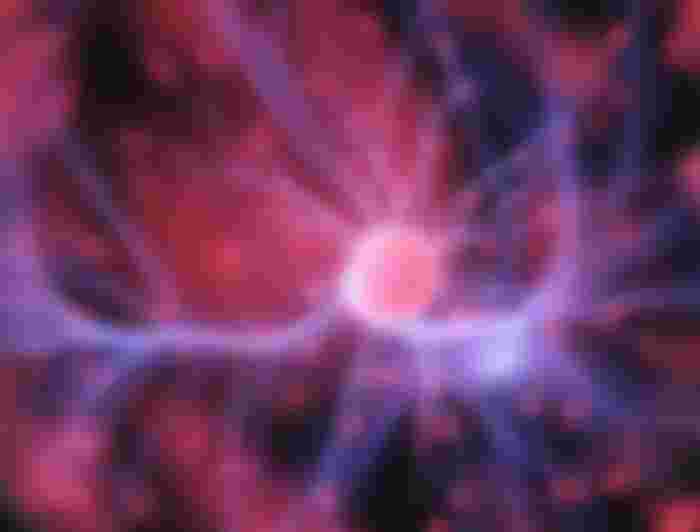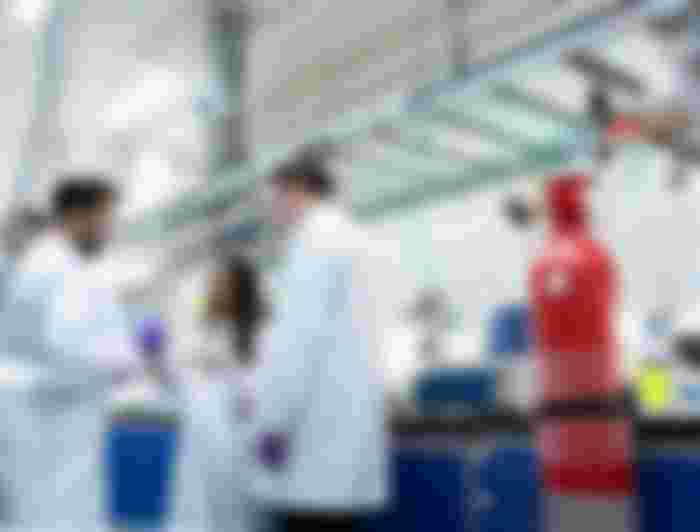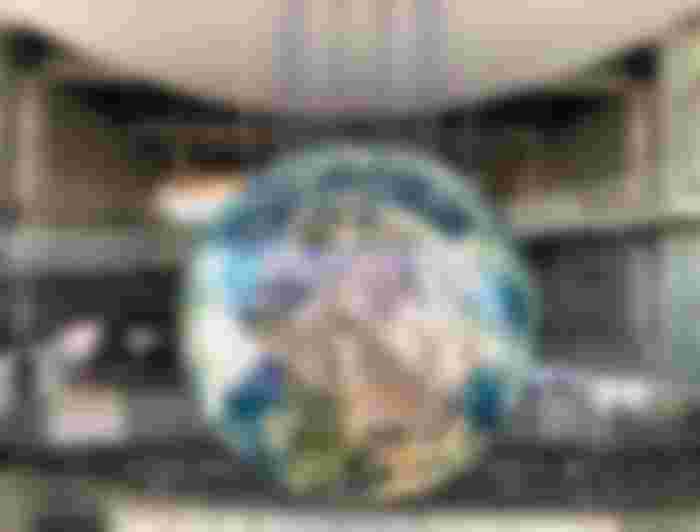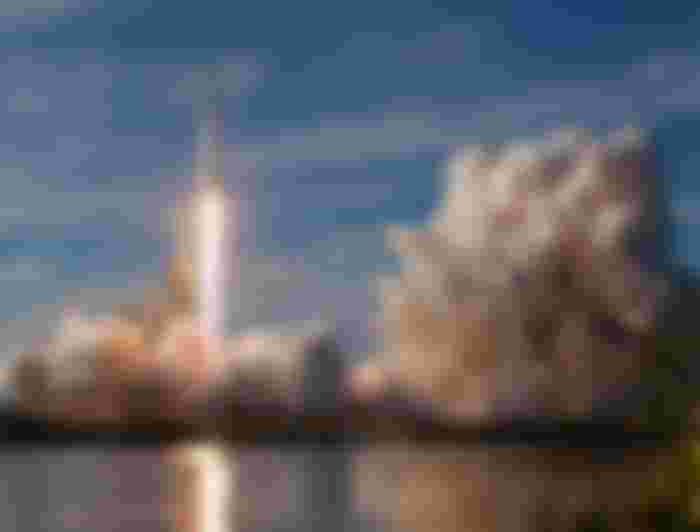The language of the word science is the source of the verb is learned, and the collection of knowledge is from it, while the subject's name is derived from it a scholar, and the collection is from scholars and scholars. Knowledge of a thing means knowledge, that is, knowledge of it, and knowledge of a thing obtained in the sense that it is certain and believed, and knowledge means managing the thing as it is true, and science means divine knowledge that reaches the person concerned with it through inspiration, but real sciences are intended to change the religion Like the science of logic, while the legal sciences mean religious sciences such as jurisprudence, hadith, and others, As for the terminology, science means the sum of all matters and the total principles that are united by one side, such as theology, grammar, earth science, cosmology, archeology, and other sciences.

Moreover, science is also intended to study the physical and natural world through experiences, observations, and observations, which can be tested and verified through further research, as it is the systematic observation of events and conditions. To facts, develop theories, and rules based on the data collected, science represents the organized physical structure of knowledge derived from observations and observations.

: A brief history of science :
The human race has always loved research, knowledge, and exploration, and it has always needed an understanding of how things work. To link observations and observations with predictions, since prehistoric times man was known for his interest in astronomy, so he tried to comprehend the seasonal changes in the positions of the sun, moon, and stars. About 4,000 BC the inhabitants of Mesopotamia believed That the Earth is the center of the universe, that the celestial bodies revolve around it, but man’s interest was not limited to astronomy, but extended to metallurgy and pharmacology based on observation and experiment, so scientists developed mineral extraction but without their understanding of the sciences related to it, starting with iron extraction And the emergence of the iron age, as well as the extraction of copper and tin - what led to the emergence of the Bronze Age - as they relied on the principle of trial and error in these extraction processes, in addition to that, humans early used some plants to treat some diseases.

It should be noted that the first people who tried to develop theories as a result of relying on their observations were the Greeks, including Pythagoras, Plato, and Aristotle. The inhabitants of many regions of the world played their role in transmitting science. To all people, as happened in India, China, the Middle East, and South America, so they made gunpowder, paper, and soap, and despite that, scientific progress was slow in its movement until the sixteenth century AD, when the astronomer Copernicus by revolutionizing how people see the universe, and the scientist Harvey provided ideas about how blood is pumped and transported to parts of the body.

Modern science was born in the seventeenth century when humans began to discover the world up close by using tools and devices such as a microscope, telescope, clock, and barometer, and scientists began to present scientific laws. To explain phenomena and events such as Earth's gravity, the basics of biology and chemistry were developed in the eighteenth century in what is known as the Enlightenment. Later, the nineteenth century witnessed great and great efforts by many scientists, including the chemist John Dalton who developed the atomic theory of matter, and the two scientists Michael Faraday and James Maxwell presented theories related to electricity and magnetism, in addition to that the last century (the twentieth century) carried with it many discoveries, such as the theory of relativity And quantum mechanics, and it is noteworthy that all scientific developments are pushing scientists to re-imagine them and think their views again and in a different way.

: The importance of science :
Science is the greatest group effort that man can make, where the importance of science is to read and understand how things work, not just benefit from them, so science contributes to ensuring a long-term healthy life and making it more enjoyable through exercise.
Listening to music, entertainment, and means of communication, in addition to that, it provides medicine and finds treatment for many diseases and helps relieve pain, and provides basic needs, including water and food, moreover, science is the nourishment of the soul, it is the most important channel of knowledge and helps to answer About the great secrets of the universe, as it provides a variety of jobs for the benefit of societies, including improving the quality of education, life and acquiring knowledge, as well as helping to monitor environments; To keep animal life safe.

: Branches of science :
Science is divided, depending on the fields it occupies, into three main categories, including:
Abstract Science :
Is based on the study of relationships between quantities and numbers, Examples include the science of mathematics and statistics.
Social Sciences:
This includes the study of human social activities by relying on habits and the science of logic, examples of which are sociology, political science, economics, and geography.
Natural sciences:
Is also called basic sciences, and includes the study of natural facts based on the nature of the study, and the natural sciences are divided into two areas:
Physical sciences: It aims to study non-living organisms and natural phenomena that are governed by a set of laws. Examples include physics, chemistry, earth sciences (geology), astronomy, meteorology, and minerals.
Biological Sciences: This includes the study of living organisms.

: Science goals :
Science has many goals represented in three main points, namely:
Description:
The description represents the basic and first goal of science, and it is achieved by making accurate observations, for example, identifying an issue for understanding, researching it, referring to its records, conducting a survey of samples, and investigation, and then reaching a conclusion.
Prediction:
Prediction is the second goal of science, and it is based on systematically observing related behaviors and events. To use the information to predict whether a certain event or behavior will occur in a given situation.
Explanation and clarification:
Explanation and clarification is the ultimate goal of science, and it includes identifying the causes of behaviors and events in an attempt to understand the mechanisms that would find solutions to events and behaviors.

: Science Properties :
Science is based on scientific methods of collecting data, establishing and developing hypotheses,s or refuting them. Although there are differences in some scientific methods according to the field they occupy, they share several common characteristics, so that science acquires its basic character, including:
Empirical observation: science depends on direct observation of the world, and therefore any hypotheses that contradict the facts that can be observed are canceled, but this does not apply to any of the scientific fields that depend on pure reason, or that depend on emotion, or other personal factors.
Repeatable experiments: The science has the advantage that its experiments are repeatable, meaning that anyone who will repeat the experiment will get the same results that the scientist obtained, taking into account that the scientist had published the method he practiced to obtain his results. So that a person can do the same experience when receiving the appropriate training, but that conflicts with the unique experiences of a particular person or a group of people.

Interim results: This means that the results obtained depending on the scientific approach are temporary, so scientists must have the ability to debate, put forward, question, and doubt as new information appeared that contradicts their theories and requires modification, for example, the theory of the flaming element has been rejected Phlogiston to fire and combustion when the evidence against it emerged.
Objectivity: Science depends in its approach and method of research on facts and evidence existing in the world as it is, not on beliefs and desires, in addition to that, scientists constantly strive to remove any biases when conducting their experiments and research.

Systematic observation: This means that science relies on carefully planned and organized studies instead of random and accidental observations, but despite this, science can start from random observation, as Isaac Asimov said: (The most interesting phrase in science I did not find it (Eureka), but (it is funny), since after a person notices something funny and amusing, he begins to systematically examine and explore it).









